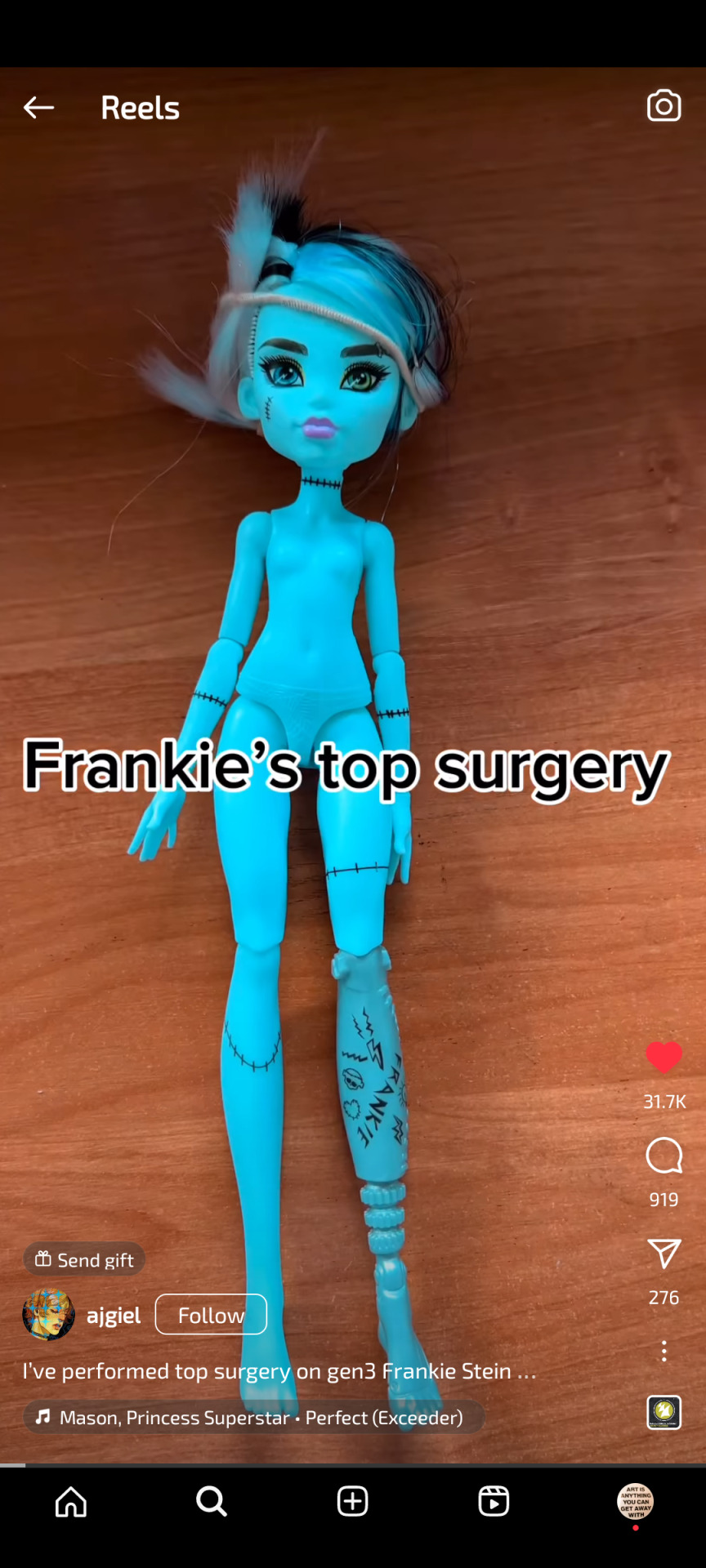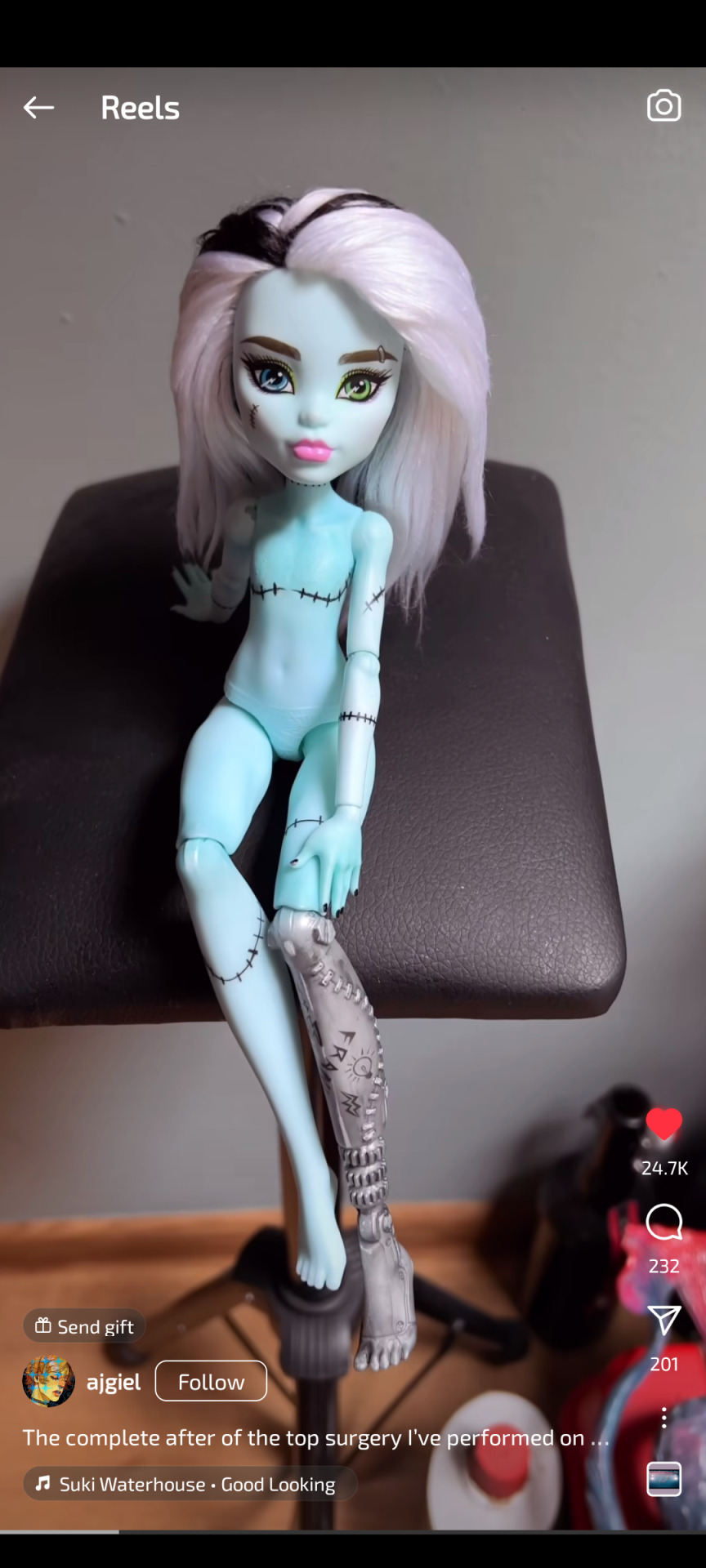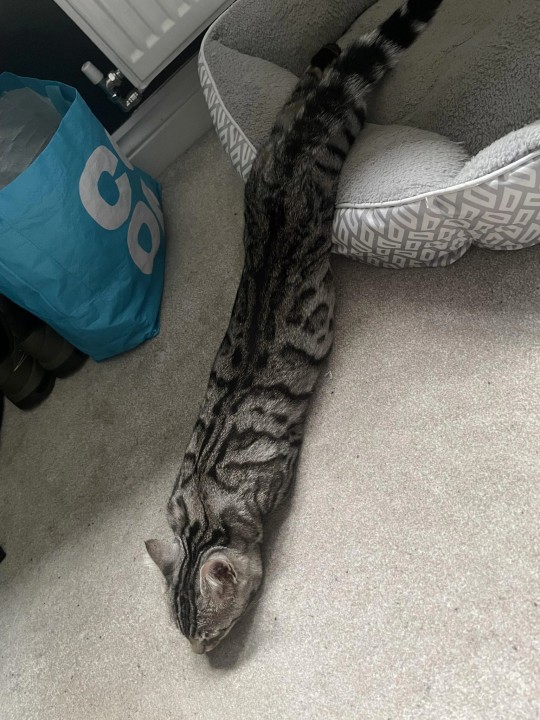Text

a friend reeled me right back into vento again
128 notes
·
View notes
Text
Tinnitus is the sensation of hearing a persistent noise like ringing, buzzing, or roaring that doesn't have an external source.
–
We ask your questions so you don’t have to! Submit your questions to have them posted anonymously as polls.
319 notes
·
View notes
Text

Potest Solum Unum
There can be only One
2K notes
·
View notes
Text


I took this photo in central Uppsala (Sweden).
430 notes
·
View notes
Photo

Hatsune Miku | Ryousuke
42K notes
·
View notes
Text
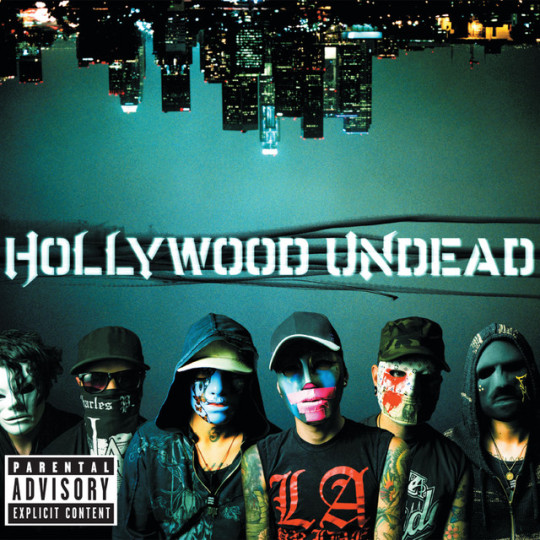
#yeah i am. normal about them i prommy.#used to listen a LOT. then i went faraway from them cringing at my past self. and now im back. embracing my roots.#hollywood undead#polls#music#god this album is ancient#hi deuce#listen to this love this hate btw. and sell your soul.#2009 soul eater amv moments
199 notes
·
View notes
Text

#VI SITTER HäR I VENTEN OCH SPELAR LITE DOTA 🗣🗣🗣#my swedish learner ass singing along to this all day all night#basshunter beloved#i wanna see him liveeee#checked his tour history and the past years each year he's been in my city so. i just have to be on the look out 👁👁#polls#music#basshunter
161 notes
·
View notes
Text
The fact that Microsoft Word has to be a subscription is upsetting. I already paid for it why do I have to pay again
86K notes
·
View notes
Text
Sex is lame have you guys ever played gw2 tho that shit is fire
58 notes
·
View notes
Text



The whole circus is here! 🎪
358 notes
·
View notes
Photo

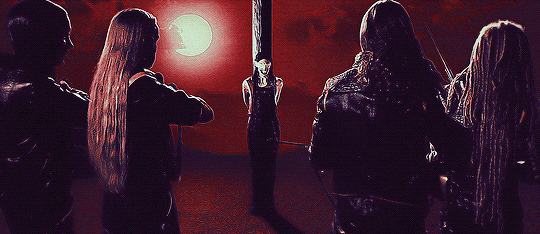



Avatar ‘A Secret Door’ Music Video
#the us 2019 vibes in this video are immaculate#evil clone trope my beloved#avatar#music#gif#inbefore i start tagging the members and eras
156 notes
·
View notes
Note
Ciao!! I was wondering what's the difference between "pèro" and "ma" if there is any. Dont know if you have already talked about this. Thank you very much!
Ma and però are both congiunzioni avversative (=opposing). It means they both have the same job in a sentence (they link two sentences, the second one -the one they introduce or are part of- has an opposing meaning), and therefore have the same meaning, that English translates as “but” (and especially “però” as: however, though, yet, nonetheless, although, except…). The main and most important difference is their placement, as I just mentioned: ma is generally used at the beginning of the opposing element (this cause it’s also a congiunzione coordinativa, which means coordinates the two clauses like an “e” would), while però can be moved also in other positions (esp. the end -and here: opposition intensifies).For some people, “però” has a stronger opposing meaning nonetheless (caused by the fact that it’s a pure congiunzione avversativa).
ex. Non guardo la TV, ma vado al cinema. = I don’t watch TV, but I go to the cinema.Non guardo la TV, però vado al cinema.Non guardo la TV; vado al cinema, però.
These two conjunction can be used also in other situations, (often times almost the same ones, with very light differences):
1) Ma can be used as a textual conjunction that suggests a changing in the subject of a dialogue (or like in TV news when changing service) or as an opposite reply to the words of someone else. It’s used especially after a syntactic long pause (full stop, semicolon), at the beginning of the sentece:E questi sono i danni causati dall’inquinamento. Ma torniamo alla politica = And these are the damages caused by the pollution. But let’s go back to politics“Non andrai al concerto” “Ma papà, per favore!” = “You won’t go to the concert” “But dad, please!” (more begging) Però can be used too, only in the middle of the sentence or at the end:“Non andrai al concerto” “Papà però uffa non è giusto!” / “Uffa però!” = “You won’t go to the concert” “Dad, come on, that’s not fair!” (less begging more annoyed)
2) Ma can be found as in an ironic /surprise (negative) context, or in a retoric question, to stress those feelings (also to express real admiration, according on the tone used).Ma lo sai che giorno è oggi?= (but) do you know what day is today? (I’m sure you do)Ma di cosa stai parlando?! = (but) What are you talking about?! (are you crazy?)Ma che cos’hai oggi? = (but) What’s going on with you today? (what’s your problem?)Ma che carino! = So nice! (not really) / So nice! (for real!)Ma bravo! = Well done (not really)Però is used to stress a compliment, especially when unexpected. Even just the word alone have this meaning, but it can be also sarcastic or just funny/joking, according on the tone (as for ma): Però! / Però… - Woo! / Congrats! / Hell… (Who knew)Però, che bravo! - Heck, congrats! (I didn’t expect this from an idiot like you!) / Heck, congrats! (I’m really in awe, you’re so good!)
3) Occasionally ma is used to introduce concessive or exclamative sentences that express opposition or a negative feeling, also to scold or object or to enforce adjectives, adverbs….Ma ammettiamo che tu abbia ragione = (but) let’s suppose you’re rightMa che scherzi sono questi?! = (but) what kind of jokes are these?!Ma insomma! = what the hell!Ma se mi avevi detto di sì! = (but) you told me you agreed!Same happens with però, often used as a concessive and conclusive conjuction:Non te lo meriti però voglio perdonarti = You don’t deserve it, but I want to forgive you
4) Ma is used to express indecision, doubt, resignation (also written with the final h, “mah”, to differentiate it from the conjuction), or to leave implied some negative aspect):Ma… non saprei = Well… idkMah... = Idk…Mah, lasciamolo fare! = Whatever, let’s let him do what he’s doingSarà anche bello qui, ma…. (manca qualcosa) = It might be nice here, but… /something’s missing)Also però can be used when you want to just leave a hint about a negative aspect without esplicitly mentioning it:Sarà anche ricco, però… (è davvero noioso/maleducato) - He may be rich, but… (he is so annoying/rude)
5) Ma used as a noun, refers to specific difficulties and doubts, especially in idiomatic sentencesSenza se e senza ma = without a doubtPerò doesn’t have this usage.
Just remember that some expressions (esp. conclusive/concessive ones) are more common with a conjunction, compared to the other. The list would be really long tbh, so if you have a doubt, just ask or check on a dictionary. Let’s also say that many different uses of these two depend as well on our personal background/ traditions/ dialetti too.
BEWARE: Occasionally, “ma però” can be heard too, as its somewhat common in everyday speeches. Some say it is not good to mention the two together because it’s a repetition of two conjunctions that have the same meaning (and in school we are taught so); others, adding examples of old texts, say that there’s a very light difference of meaning (a subcategory in the opposing conjunction) and that it is fine to say so. I personally try to avoid the repetition, but, I admit that occasionally I say them together, especially when I’m angry: I might yell something like “Sì ma però non è possibile!” (=Yeah ok but that’s not possible!).
Similar to these two, we have: tuttavia, bensì, eppure…
Anyway, I hope this can help, if something is not clear please send another ask, cheers!
68 notes
·
View notes

